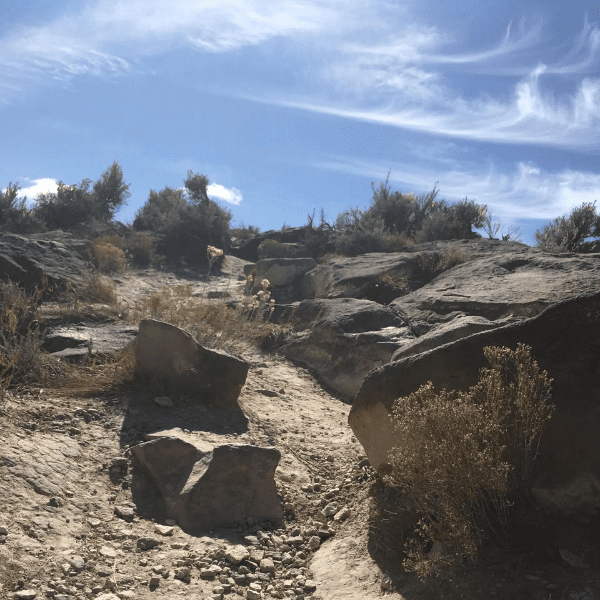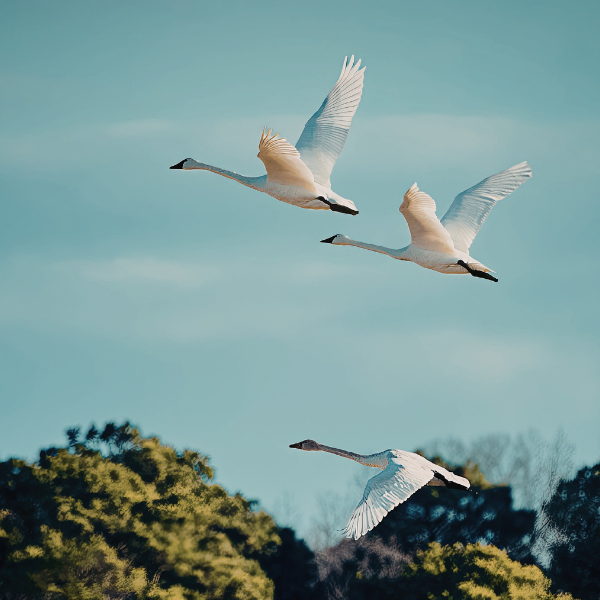Dearest monks, artists, and pilgrims,
Lent is a six-and-a-half-week liturgical season in the Christian year which precedes the Feast of Easter Sunday. Beginning with Ash Wednesday when people are marked with ashes as a symbol of our humility and desire to be stripped of anything extraneous in our lives to move into a more intimate relationship with the divine. The season takes its inspiration from Jesus’ retreat to the desert for forty days before he began his public ministry. He sets down the foundation for fasting as an important preparation for the Easter season to come. Lent is a time of preparation through an intensification of spiritual practice. The journey to the desert calls us to deepen our prayer practice to listen more closely to the pulse of the holy in our hearts. We hear the cry from the prophet Isaiah asking us to name the kind of fast we choose in our lives:
One of the central practices we are called to take on during Lent is the invitation to fast. In the revised common lectionary for churches in the Christian tradition the first reading for Ash Wednesday is from the prophet Joel where God summons us to “return to me with all your heart, with fasting, with weeping, and with mourning.” (Joel 2:12)
Fasting from food can be a powerful pathway toward greater clarity and intimacy with the divine. We live in a culture of continual feasting and the practice of physical fasting can support us in seeing food as the sacred gift that it is. It is also a way to be in solidarity with those who live in poverty and do not have the resources to access adequate food. When we fast from food, we decide to draw nourishment from the reserves we have been storing up. Starvation begins when these reserves are depleted. Often churches suggest donating the money you would spend on food to a charity that supports those who hunger.
One of the issues I have always had with Lenten fasting though is that it seems to have become for many a second chance at new year’s resolutions. Fasting from chocolate is not a bad thing in itself, but if we approach it from a diet mentality or a sense of shame about eating certain foods, then we are not in the spirit of fasting as a spiritual practice. This kind of fasting is merely an extension of the cultural mindset of body shame and control.
In his book The Sacred Art of Fasting, Rev. Thomas Ryan writes:
“The Hebrews, the Aramaeans, the Arabs, and the Ethiopians all used the same word for fasting, a word that appears in both early and late Hebrew Bible writings: tsoum. In modern Hebrew the word is Ta’anit. The word in its first level of meaning signifies “withholding all natural food from the body,” especially for a religious purpose. The second level of meaning includes an expression of sorrow for sins and a penitential offering. Together they convey the idea of voluntary deprivation of the bodily appetites for the purpose of orienting the human spirit to God. The two “summit” experiences in the Hebrew scriptures of encounters with God are those of Moses and Elijah. For both, the encounter took place on Mount Sinai and was preceded by a fast of forty days and forty nights—on the mountain covered in a cloud for Moses (Exod. 34:28) and in the desert for Elijah (1 Kings 19:8). For each, the fast was marked by a spirit of preparation.”
Fasting helps us to orient ourselves toward the Holy One. Moses, Elijah, and Jesus all witness to this practice as essential in their own journeys of transformation and profound encounter. It is an act of humility, where we remember our humanness and what our deepest needs are. Fasting can help us to remember our true hunger. At heart, the act of fasting is about growing in relationship to the sacred presence. Experiencing hunger gets us in touch with the desire for something we do not have. It is the longing for it. But we can get overwhelmed by our hungers for things, especially in a culture that worships consumerism. Stepping back from this helps us to see what we are really yearning for in our lives.
There are many other kinds of fasts too. We can fast from food, from physical things, from excessive consumption, as the physical becomes a portal to the spiritual. We may find that cleaning the house and preparing a beautiful meal all lend themselves to celebratory occasions. They help to lift us from the mundane moments to open us to a deeper connection with God.
We don’t just fast on a physical level, but also from thoughts and patterns which are life-denying. Fasting creates space in our lives. Rather than feeling jostled about by so many conflicting internal thoughts or tasks, when we fast we can breathe more deeply.
“Is not this the fast that I choose: to loose the bonds of injustice, to undo the thongs of the yoke, to let the oppressed go free, and to break every yoke? Is it not to share your bread with the hungry, and bring the homeless poor into your house; when you see the naked, to cover them, and not to hide yourself from your own kin?” -Isaiah 58:6-7 (NRSV)
Fasting helps us to connect to our true hunger. Rather than moving through life unconsciously, overconsuming or rushing and pushing our bodies, when we intentionally fast we offer ourselves the gift of an inner expanse where we can discover what it is we truly long for. We often mistake the hungers of our heart for other things, and we try to fill ourselves with what does not satisfy us. Lent calls us to connect to what is nourishing rather than depleting.
We will be journeying this Lent through a series of non-physical fasts where we explore what it means to fast from multi-tasking, anxiety, rushing, holding it all together, planning, and certainty and embrace presence, abundance, slowness, tenderness, unfolding, and mystery. If that sounds like how you would like to focus your attention in the upcoming Lenten season you are very welcome to join us.
Simon and I are leading a contemplative prayer service tomorrow to celebrate Imbolc and the Feast of Brigid. Tomorrow will be the first time we have a national holiday in Ireland to honor Brigid’s day.
With great and growing love,
Christine
Christine Valters Paintner, PhD, REACE
Image: Paid license with Canva



